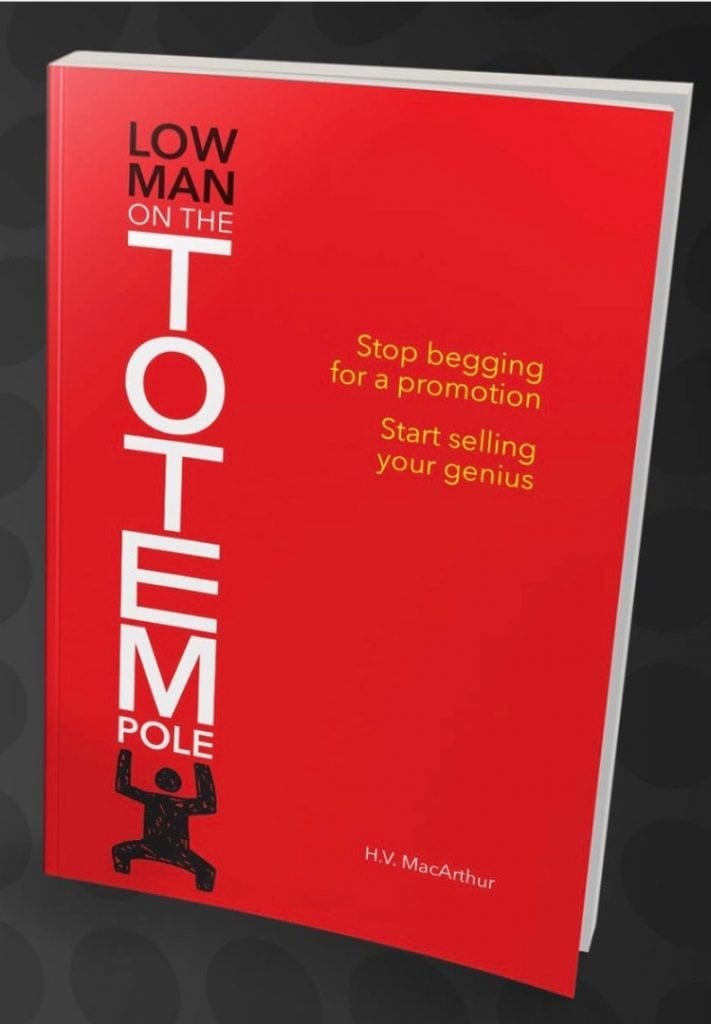If you didn’t have to get a job before you joined the military, then it can feel uncomfortable having to secure your own employment. Make no mistake about it: finding, securing, and creating demand for your work is a hustle and will require energy and focus. To prep yourself, consider the following:
1.Time will feel different to you than to others.
When you’re looking for work, one of the biggest challenges we face is time. It can feel like we don’t have enough of it, especially if we are financially challenged. But what you have to understand is those who are interviewing you don’t feel the same way about time. Their days are most likely filled to capacity with meetings, projects, and deadlines. One week to you is an eternity. To them, it’s a blink of an eye.
You will need to cultivate patience while still knowing when to reach out and follow up. Be sure to be careful what you’re telling yourself while waiting for a call or email. Tell yourself things such as, “The perfect opportunity is making its way to me.” Don’t tell yourself, “They’re not going to want to hire me. They’re probably avoiding me, and I’m bound not to get a job.”
Negative self-talk will only chip away at your confidence, thereby limiting your effectiveness at marketing yourself during actual interviews. So pace yourself and don’t put all your eggs in one basket.
2.Transferrable skills can be your greatest advantage.
As I mentioned earlier in the book, your transferrable skills and unique talents matter more than your work experience. But you’ll need to know what these are and how to convey them to others.
Management, business, finance, and technology experience is almost always transferrable to most jobs. However, so are such skills as the ability to quickly learn processes and procedures, make sense out of chaos, multitask, build relationships, and navigate conflict. All of the preceding are industry- and job-agnostic, so spend some time thinking about how you can highlight them.
3.Secure living arrangements for ninety days or more.
This may seem like common sense to some of you, but for many, especially those who went straight from their parents’ home to the military, this can be a huge issue. Some of you have family who are waiting for you to come home, and others of you have friends you know will take you in. But some of you may not have either. If you are in the latter category, you can reach out to organizations such as US Vets Transitional Housing, which operates in some parts of the country. Knowing where you will live for the first few months, and having an address where “employers can contact you, will make things a lot easier.
4.Translate rejection to directions.
When you haven’t had to sell yourself or market your skills, going out on an interview and then not getting the job can feel devastating, especially if you are doubting whether or not you can make it in the civilian world. But here’s the thing—not getting a particular job can be the best thing for you. It’s a bit like dating. Some people end up living happily ever after with the first person they go out on a date with. Others go on multiple dates before they click with someone. Well, job-hunting can be a lot like that.
Instead of dissecting what happened in a way that focuses on how you failed or didn’t do something right, look at the situation through a learning lens. What worked for you? What didn’t? What about the job sounded like a great fit, and what would have been a stretch for you?
Believe it or not, your career is sending you information with every job offer and every decline. It’s about where you fit best, not “about your worth as a human. In a society where we so identify our sense of self so closely with our work, it’s difficult to separate the two. But you need to in order to experience the adventure and fun of job-hunting. Believe it or not, it can be a blast if done right.
5.Apply for jobs early and often.
When you’re separating from the military, my advice is to apply for a multitude of jobs. You can always say no to a job offer you decide isn’t the right fit for you. It never hurts your confidence to receive a job offer even if it’s not what you want to do. And as my own story illustrates, you may be surprised what experiences end up being right for you and leading to your ideal career or field. Plus, you’ll get the opportunity to practice your interviewing skills.

H.V. MacArthur brings over 20 years’ experience in helping people blaze fulfilling career paths in an ever-changing work landscape. From serving in the military to carving out her role as a coach and consultant for Fortune 500 companies, MacArthur has built her expertise from hard-fought career choices. In her new book, Low Man on the Totem Pole: Stop Begging for a Promotion, Start Selling Your Genius (2018), she helps people from all walks of life—from C-suite leaders to employees on the factory floor—learn to identify their unique callings and find their greatness.
Learn more at www.LowManOnTheTotemPole.com.







